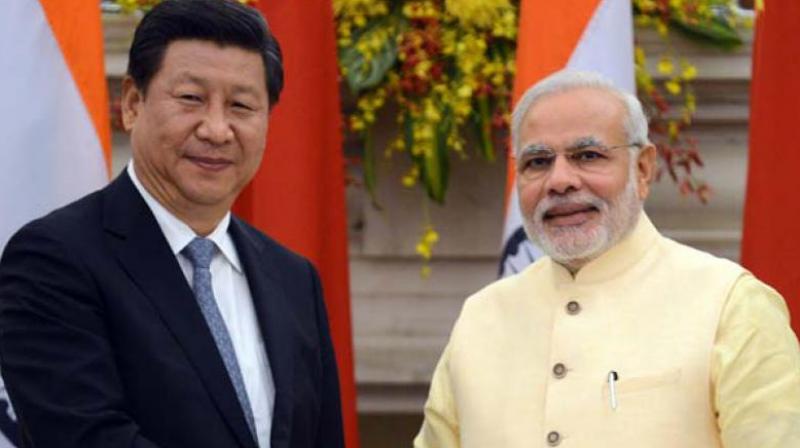Masood Azhar ban: China's snub to Pakistan may aid India's cause
Chinese President reportedly snubbed Nawaz at SCO meet.

New Delhi: India is now hoping that the Chinese snub to Pakistan at Astana, Kazakhstan, will lead to a re-think by Beijing on blocking UN sanctions on Pakistan-based terrorist Masood Azhar. This comes after Chinese President Xi Jinping reportedly snubbed Pakistan Prime Minister Nawaz Sharif by not having a bilateral meeting with him after two Chinese nationals including a woman were abducted and killed by extremists in Pakistan’s restive Balochistan province.
New Delhi is now of the view that Beijing could now do a rethink on its dogged opposition to proposed UN sanctions against the chief of Pakistan-based terror outfit Jaish-e-Mohammed Masood Azhar in view of the outcry in China after its two nations were mercilessly killed, sources said, adding that Pakistan has failed to act against all terrorists in its country while selectively aiding some.
It was China which had single-handedly ensured the entry of its “iron brother” Pakistan into the Shanghai Cooperation Organisation (SCO). With New Delhi attaching enormous significance to China’s snub to Pakistan, the reading in Government circles now is that the killing of the two Chinese nationals is “ominous”, coinciding as it did with Islamabad’s SCO entry at the just-concluded SCO meet in Astana.
After consistently blocking Indian moves for UN sanctions against Masood Azhar, Beijing, in February this year, had even blocked a move by the new Trump Administration in the US for UN sanctions on Azhar. But the killing of Chinese nationals has now come as a rude shock to Beijing. China is undertaking massive investment on the China-Pakistan Economic Corridor (CPEC) which is a land route going right down to Gwadar port in Balochistan. This Chinese exercise has meant that Chinese nationals are now living and working in Balochistan, which is witnessing insurgency and extremism. This has also brought home to Beijing the dangers of Chinese nationals working on the CPEC.
In addition, even state-run Chinese companies have been vocal about their concerns on the threat faced by their employees who are working on the CPEC.

